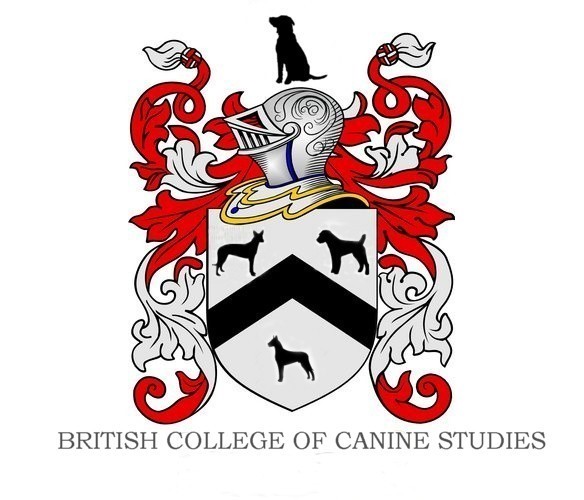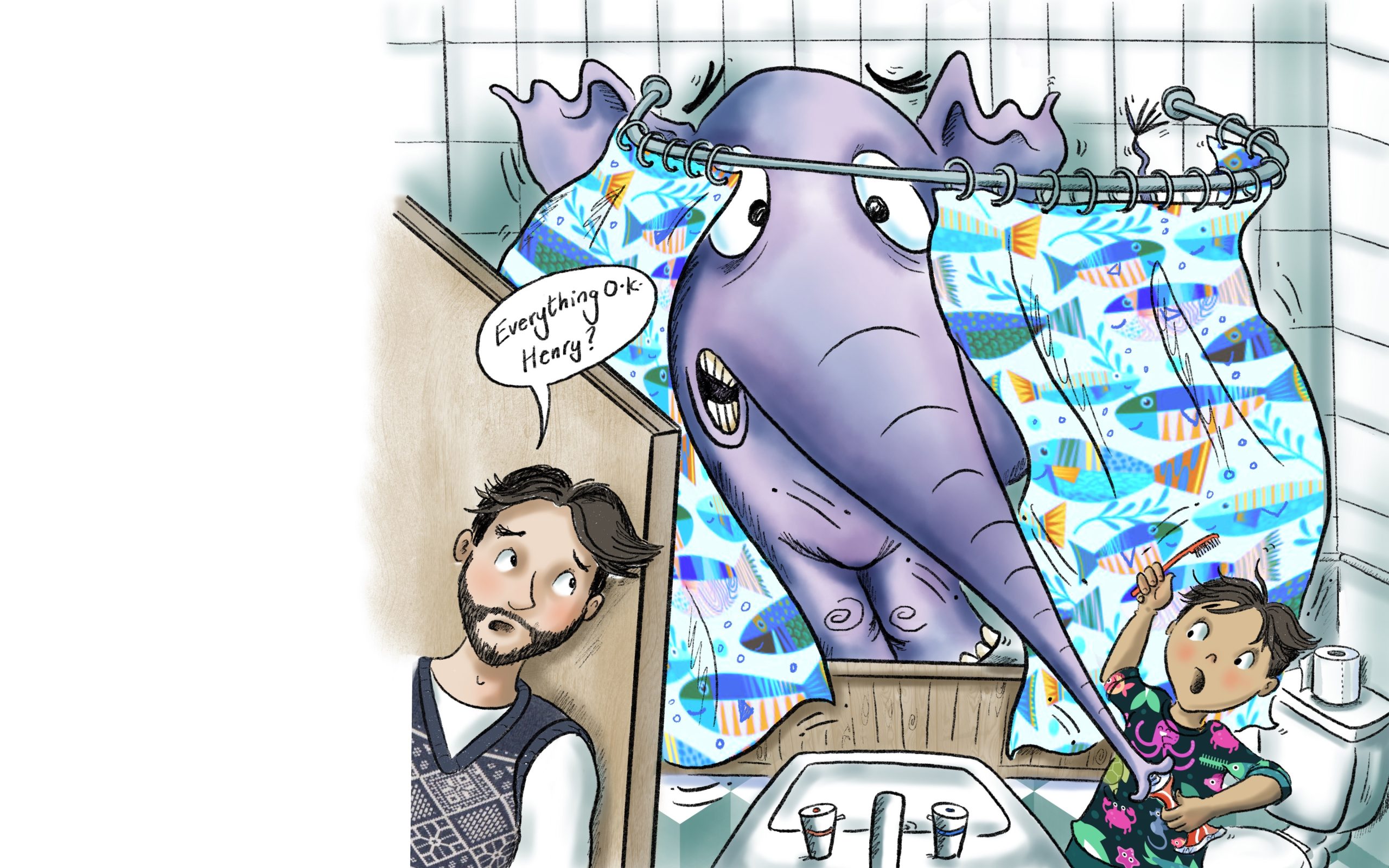A comprehensive international undercover investigation, encompassing more than 120 institutions of higher learning, has unveiled a disconcerting truth: a mere one in every five aspiring scholars encounters gratification while initiating inquiries with academic establishments through social networking platforms.
These covert evaluators found that a staggering one-third of these institutions are derelict in their responsiveness to inquiries made via Instagram and Facebook. They either abandon the aspirants in limbo or divert them towards submitting queries via electronic mail.
The global revelation, disclosed in a summary report by Edified, concerning the Enquiry Experience Tracker 2023, underscores the colossal potential losses in terms of student enrollments that universities across the globe may face.
Edified’s Enquiry Experience Tracker, a yearly endeavor carried out in collaboration with UniQuest, specialists in the field of student conversion, employs undercover investigators who assume the roles of potential local and international scholars. They initiate inquiries via various channels and scrutinise the overall inquiry experience, assessing criteria such as responsiveness, relevance, personalisation, and influence.
For the very first time, the 2023 investigation scrutinised Instagram/Facebook and referral websites as inquiry conduits, in addition to channels evaluated in prior years, namely, electronic mail, inquiry forms, live chat, and peer-to-peer tools.
This comprehensive study encompassed 128 academic institutions worldwide, including approximately one-third of all United Kingdom-based universities, more than half of Australia and New Zealand’s academic institutions, and over a third of higher education providers in Canada’s British Columbia and Ontario provinces.
The findings lay bare the fact that subpar inquiry experiences serve as deterrents to prospective scholars. Approximately 40% of the institutions examined in this study received unsatisfactory ratings from more than half of the undercover evaluators due to suboptimal service. Unpleasant experiences led a staggering 93% of students to assert their unwillingness to engage further with the respective institutions.
In the international hierarchy, Scottish universities have surpassed their competitors, securing the highest average ratings. Responses from Scottish universities earned distinctions for their amiability and trustworthiness, setting a global precedent. Three-quarters of Scottish universities surveyed exceeded the global average rating.
The institution that reigned supreme on a global scale was Auckland University of Technology in New Zealand. Academic establishments across Australia and New Zealand consistently garnered favorable evaluations from undercover investigators. Six out of the top 10 institutions receiving high scores hailed from the Australia-New Zealand region.
The United Kingdom clinched an Enquiry Experience Score marginally above the worldwide average, while Canada fell one point below this benchmark.
These findings underscore the substantial room for improvement within institutions of higher learning. A quarter of all inquiries go unanswered, and half of the responses fail to address all the questions posed by students. Moreover, only half of institutions worldwide take the initiative to follow up on leads.
Although more than 90% of students express confidence in the information they receive, only 40% perceive responses as affable or approachable. Notably, persuasiveness emerges as the most fragile aspect for nearly all institutions, resulting in missed opportunities to present their offerings effectively.
Despite these daunting challenges, institutions committed to enhancement have made notable progress. One in every four institutions has enhanced its rating from ‘below world average’ to ‘above world average’ within the past year. Fanshawe College in Canada has been recognised as the ‘most improved’ institution on a global scale.
“One of the reasons this mystery shopping research is so valuable is because it shines a spotlight on areas that might be forgotten or out of view. It prompts institutions to start looking into different channels and having conversations about their enquiry processes and content. The EET is now in its third year, and it’s fascinating to track institutions’ progress over time and see who is bedding down meaningful improvements year-on-year.”
Rachel Fletcher, co-founder and CEO of UniQuest, adds: “Prospective students are walking away from institutions if they’re not satisfied with the level of responsiveness. On the other hand, our data shows that those who have a good enquiry experience with reciprocal engagement from the institution are three times more likely to convert to enrolment. As the recruitment landscape becomes ever more competitive, those institutions who invest in improving the enquiry experience will reap the reward.”
Fanshawe College in Canada has earned distinction as the most improved institution this year, nearly doubling its score from 2022. Wendy Curtis, Dean, International at Fanshawe College, conveyed, “We take immense pride in our diverse teams’ unwavering commitment to delivering an exceptional standard of customer service to prospective student inquiries. The Enquiry Experience Tracker provides us with a unique opportunity to benchmark our inquiry services against global peers. This accolade stands as a testament to the collective efforts of our student ambassadors, recruitment, digital communication, admissions, student life, advising, transition and engagement, as well as customer service teams. Together, they have set a higher bar for coordinated and personalised responses to potential international students at Fanshawe College.”
For a comprehensive list of award recipients of the Enquiry Experience Tracker, please refer to this link.
A visual summation of the key findings for 2023 is accessible here.






